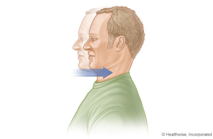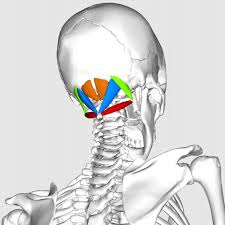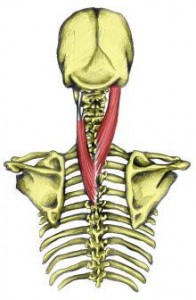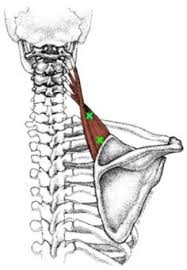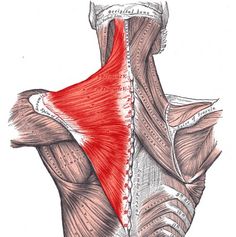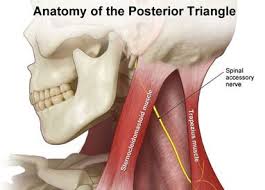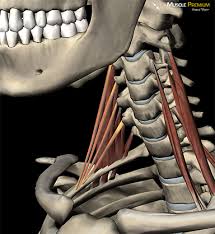Self Treatment for Neck Pain
Self Treatment of the Neck is crucial to the healing process. The neck can be difficult to treat by yourself, but trigger points and painful fascia CAN be released by Treating Yourself Naturally at home. Below are resources you can use at home and basic techniques you can do at home to reduce or alleviate that Pain In The Neck!
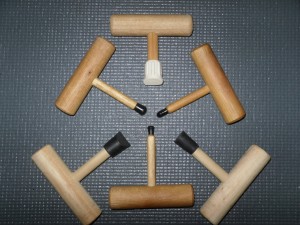 T Bars
T Bars
T Bars are an excellent tool to use to work the suboccipitals and the posterior neck attachments in the cranium. Neuromuscular Solutions is my resource for most T Bar tools although my father has made me a few. There are many different shapes, sizes and texture. These tools need to be used appropriately and carefully to reduce trigger point pain and release fascia. A gentle 2 to 3 pounds of pressure in tiny circular motion, moving the skin, rather than pushing hard, is the way to begin. Once you learn how to place the tool and move it around to create space and release tight areas, then you can begin to gently experiment with pressure. The resources for the T-Bars are in the column at the right. Neuromuscular Solutions is an excellent source. Below is a video presented by Paul St. John, LMT, Founder of the St. John Method and Integrative Neurosomatic Therapy, discussing a certain type of Massage Tool that he prefers when treating patients.
Neck stretches
These stretches are reviewed in the article on Head Forward Position. Another excellent accompanying article is the Temporomandibular Joint Dysfunction. Here is a link to some other neck stretches.
Stretch your neck in these eight positions
- Look Up and Look down
- Bobble Head which is a rocking of the head
- Egyptian Head which is projecting the chin forward and back
- Ear to Shoulder
- Turn head right and left
- Chin to right shoulder and chin to left shoulder
Basic look at the Muscles of the Posterior Neck
The Posterior Neck muscles play a role in extending the head. These muscles would benefit from your touch, if you have forward head posture and sunken chest. Painful trigger points can be felt in the top of the shoulder, at the base of the neck and in the eyes. Again, if you have experienced whiplash (which can be from falls and other trauma, not just car accidents), these muscles are critical to manipulate.
Basic look at the Anterior Neck Muscles
The Superficial Anterior Neck Muscles contain some ferocious trigger points. These trigger points can be found in the jaw, ear, throat, shoulder and sternum. If you have tinnitus, persistent coughs or problems swallowing, whiplash, balance concerns, these muscles should be considered for treatment. Trigger point pain can be felt in the chest, thoracic region into the back of the arm and hand. Shoulder blade pain could be a result of tight scalenes. If you have experienced trauma or whiplash, these muscles may be indicated. The Sternocleidomastoid muscle can harbor intense trigger points that can refer into the jaw, temples, eyes and teeth. They should be treated when one experiences headache.
Here is the Video presenting Basic Techniques to Soften Fascia and Release Trigger Points in the Neck.
Pillow Height
Reducing the height of your pillow will create better alignment. This will result in less pain, better posture and increased range of motion in the neck. Refer to article on forward head posture regarding pillow height.
Foam Roller on Upper and Mid Back
You can treat the origins of some of the posterior neck muscles by using the foam roller on the Upper Back and the Mid Back area. Here is a The Upper Back and Mid Back Foam Roller Video. Grab you foam roller and go for it!
Foam Roller for the Shoulder
Applying these foam roller techniques to the Shoulder region will, also, assist in the release imbalances in the neighboring muscles of the neck. Here is the Video for Foam Roller for the Shoulder Region. Grab your foam roller and work out with me!


